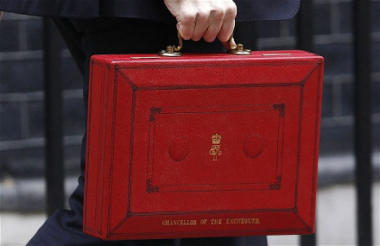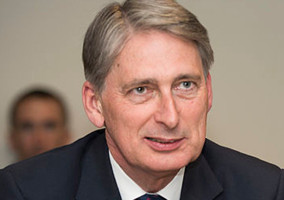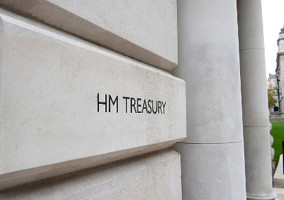Ahead of the first Autumn Budget Kirsty Weakley summarises some of the charity sector’s key demands.
Dormant assets
The sector has been waiting a while for an announcement about how the government plans to use between £1bn and £2bn in dormant assets to support the sector – the Dormant Assets Commission published its final report in the spring.
NCVO, Acevo and UK Community Foundations have urged the Chancellor to use it to “strengthen local philanthropy” and invest in organisations like community foundations.
In a letter to Hammond they said: “At a time when local authority grants to charities are in decline, this is an opportunity to address the sustainability of small charities so they can continue to support and help communities create opportunities for themselves well into the future.”
Funding for the Charity Commission
Charity Finance Group, Acevo, Navca and the Small Charities Coalition have written to the Chief Secretary to the Treasury, Elizabeth Truss, to call for an increase to the Charity Commission’s annual grant.
The Directory of Social Change also wrote to Truss and made a template document available to other charities wishing to pressure the government.
Debra Allcock Tyler, chief executive of DSC, said: "Recent cuts have forced the Commission to prioritise enforcement and compliance functions. These are important, but such an approach on its own would be short-sighted because it risks storing up bigger and more costly problems for the long-term.”
The Charity Commission has said that it has asked for more funding, but said it still plans to press ahead with its plans to consult on a levy to raise money from the sector.
Tax reform
In separate Budget submissions the Charity Finance Group and the Charity Tax Group have again urged the government to consider reform of the tax system to better support charities.
CFG suggested the government set up a working party in partnership with charities to look at the issue of irrecoverable VAT.
Irrecoverable VAT, the gap between what the sector pays and the amount it receives, is estimated to be £1.5bn. The government has previously indicated that the European Union rules make it difficult to address the issue. The government has previously set up rebate schemes for particular types of charities, including hospices, blood bikes and search and rescue charities.
CFG said: “The tax system should be fair to charities, and resources should not be wasted due to complexities within the VAT system that was not designed with the unique position of charities in mind.”
CFG also called for the elimination of insurance premium tax and an increase in business rates relief.
Meanwhile CTG called for a strategic review of the system and proposed establishing an HMRC Charity Tax Forum working group to look at the “cumulative financial burden” on charities.
Replace EU funding with grants
The Association of Charitable Foundations said it was important that there are successor programmes to funding from the European Union, which will end because of Brexit.
In a letter to the Chancellor, Carol Mack, chief executive of the ACF, said: “Currently, UK charities alone receive around £300m per annum from the EU. It will be important that in any successor programmes, funding is made accessible to charities and social enterprises, so that they can make an even stronger contribution to the UK’s future prosperity and social cohesion.”
ACF urged the government to consider grant funding for charities instead of a payment-by-results approach.
Training funding
Twelve bodies wrote a joint letter to the Treasury asking for more support to strengthen civil society and asking for more strategic intervention from government.
The letter was signed by the leaders of CFG, Small Charities Coalition, Navca, Locality, Acevo, Voice4Change England, Children England, Institute of Fundraising, Lloyds bank Foundation, Ethical Property Foundation, NCVO and Social Enterprise UK.
They told the government that charities needed more support and training in areas like finance and digital and said there should be investment in programmes which can boost the use of technology in the sector.
Libor funding
In June the Treasury opened up application to the Libor fund.
It said it wanted to support projects working with the armed forces and emergency services but could not say what the total amount available was.
Charities have previously been critical of the lack of application process for Libor funding and the National Audit Office produced a critical report.
The Budget takes place at 12.30pm on Wednesday 22 November and Civil Society News will have comprehensive coverage of what the Budget announcement's mean for charities by the end the day - sign up for the newsletter here.
Related articles











